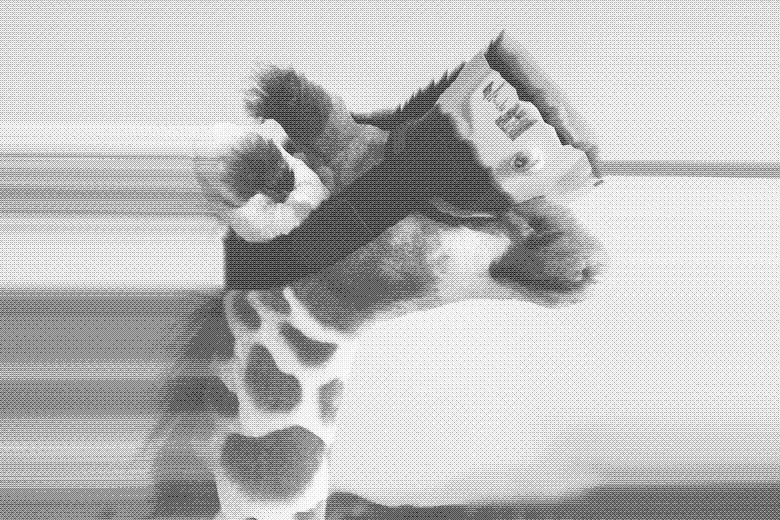The Future of Mental Simulations

Our great super-power as humans is the ability to create, imagine, and simulate potential existences. Every time we think about “the future” we create a new simulation and automatically begin to pattern match for ways in which changes, or tweaks, or circumstances, might damage or benefit us. This constant multi-dimensional time-travel is so much a part of our default state that we rarely even realize we are living in these other worlds.
Even as we walk the streets, we are being constantly incepted by suggestions of what simulations to create in that very moment — a gently nudging asking you to temporarily simulate a reality where you are living with a new object that someone has created and is now “marketing” to you. For many of us these simulations is where we live most of the time. The ontological world is becoming more of a shared space to create the content for our simulations. It is now the norm that when visiting a beautiful, inspiring place, to spends more time documenting that moment and framing it for future simulations, then actually experiencing and enjoying the potential states available in “the now”.
To a large extent, even sexual fantasies or watching pornography, allows us to experience at least part of the actual physical act from within our minds. We can simulate our own pleasure and positive states without having to engage in the base world. We can entertain ourselves with how much people will love us for looking a certain way, for doing a certain act, or for owning a certain object. In this way, even fantasy signaling within our minds creates a feedback loop of happiness — a sort of virtual-hedonism.
In short, we are already living in ADHD virtual reality. These simulations are actually the creators of the shared world that we all live in. It’s where “progress” originates. It’s what makes us “want”. And without desire, there is no progress, no achievement, no fulfillment — none of the conscious states that we’ve evolved to value most. Without the ability to simulate, there is no game to play, so we all must get much better at myth-making, world-building, and consciously simulating our own existence.
And as a final though, we must develop new ways of translating and understanding each other, so that we can better understand how these simulations all interact. The limited content of words and physical interactions are insufficient for atomizing and re-rendering the thoughts and visions that create them.